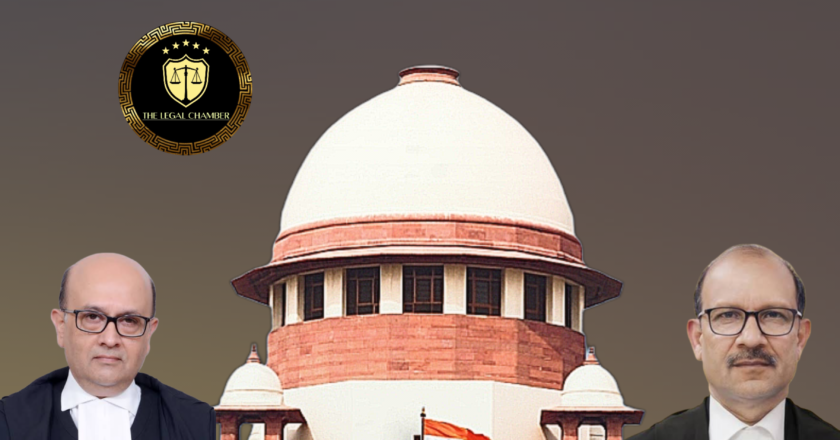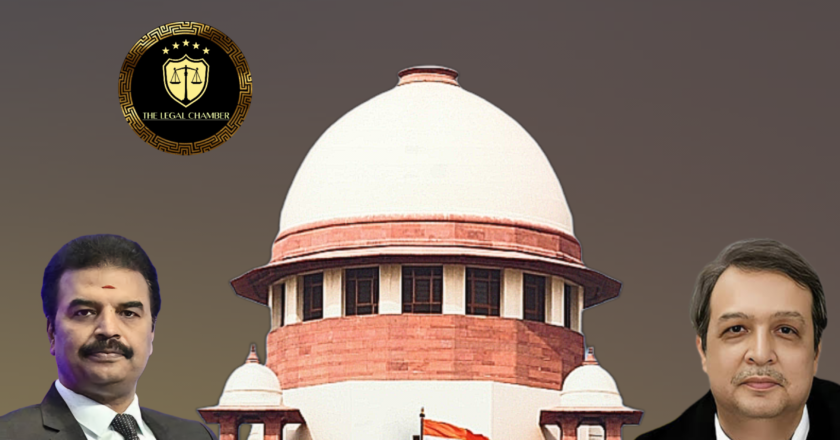Dead Body in House Isn’t Enough: Supreme Court Overturns Murder Conviction in Loan Dispute Case
In a case based solely on circumstantial evidence, the Supreme Court acquitted the accused, ruling that the prosecution failed to establish an unbroken chain of circumstances pointing exclusively to their guilt. The Court found the evidence—including motive, recovery of weapons, and extra-judicial confessions made in a police station—to be unreliable, insufficient, and lacking credible corroboration to sustain a conviction.
Facts Of The Case:
The case originated from the brutal murder of a police driver on the night of 10th-11th March 2006. The prosecution alleged that the murder was instigated by a fellow policeman, A1, due to his inability to repay a loan of ₹1 lakh to the deceased. The deceased was lured to the house of A1 and A2 (A1's wife) on the false pretext of repaying the debt. ...



